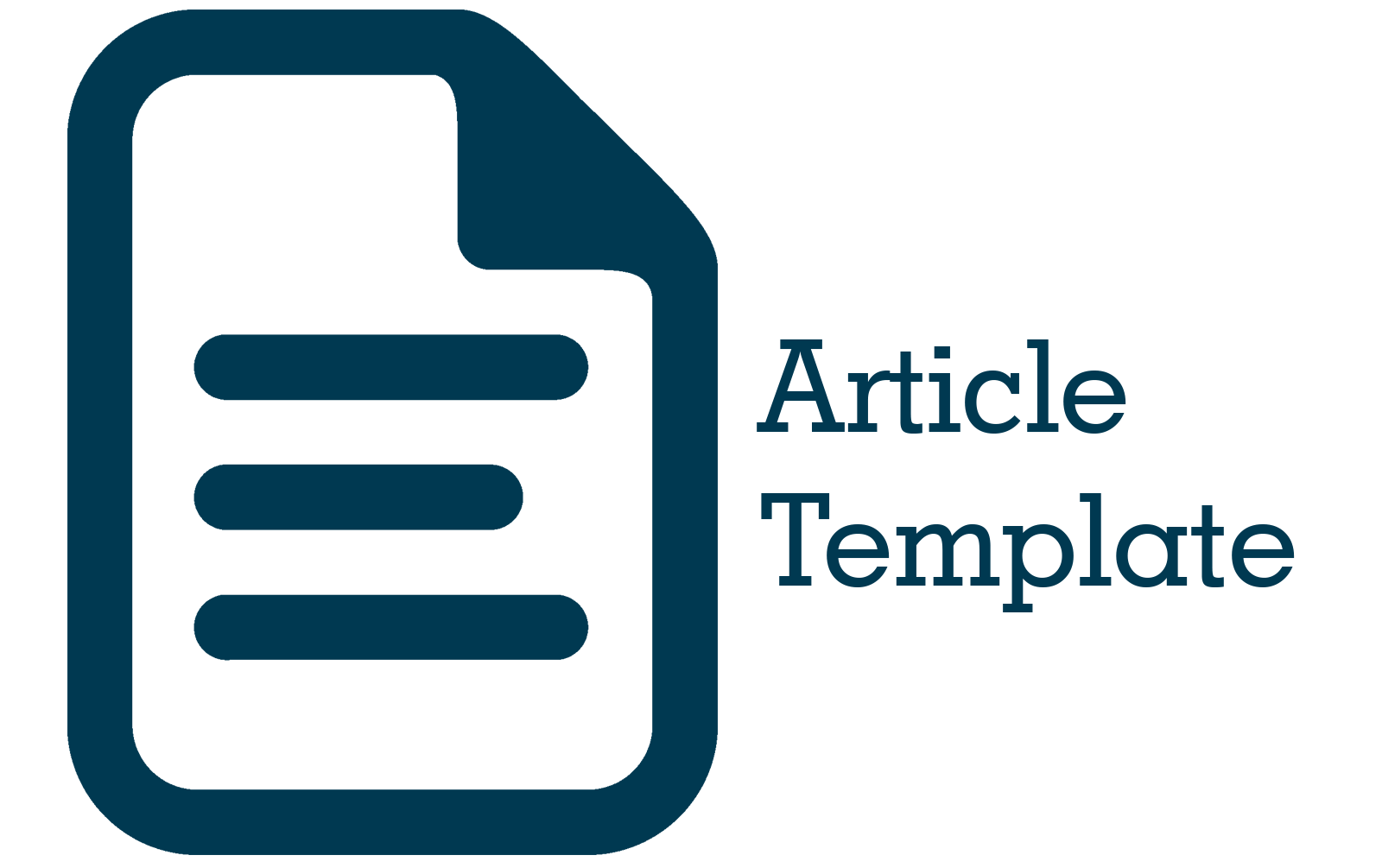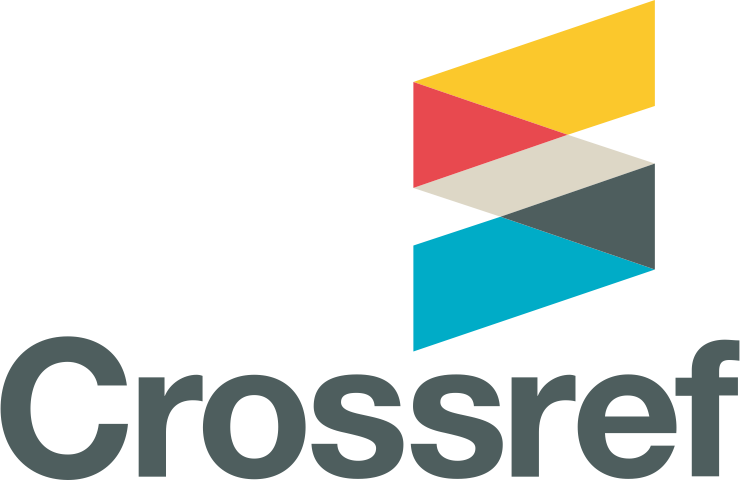Aspect Based Sentiment Analysis: A Systematic Literature Review
DOI:
https://doi.org/10.33633/jais.v5i1.3807Abstract
Aspect based sentiments can provide more detailed information about the sentiment (positive, negative, and neutral) based on an aspect in a review. It can provide better recommendations to users in decision making process. A number of previous studies have been conducted on aspect-based sentiment analysis indicating that survey is needed to provide an overview of the method available in aspect-based sentiment analysis. The survey method has been implemented since the last 5 years to obtain novelty from existing methods. The Systematic Literature Review (SLR) method is used to review a collection of 34 papers from various academic databases which focus on the aspect of extraction, sentiment analysis, and aspect aggregation. The papers will be sorted based on the focus of the method used. For each analysis, a detailed analysis is described on the contribution of the method to the aspect-based sentiment analysis alongside a comparison with other methods as well as advantages and disadvantages. The last section discusses the method commonly used in this study as well as future challenges in the study focusing on aspect-based sentiment analysis.References
B. Liu, “Sentiment Analysis and Opinion Mining,” Synthesis Lectures on Human Language Technologies, vol. 5, no. 1, pp. 1–167, 2012.
M. Tsytsarau and T. Palpanas, “Survey on mining subjective data on the web,” Data Mining and Knowledge Discovery, 2012.
M. Hu and B. Liu, “Mining and summarizing customer reviews,” in Proceedings of the 2004 ACM SIGKDD international conference on Knowledge discovery and data mining - KDD ’04, 2004.
G. Carenini, R. T. Ng, and E. Zwart, “Extracting knowledge from evaluative text,” in Proceedings of the 3rd international conference on Knowledge capture, 2005, pp. 11–18.
B. Kitchenham, O. Pearl Brereton, D. Budgen, M. Turner, J. Bailey, and S. Linkman, “Systematic literature reviews in software engineering - A systematic literature review,” Information and Software Technology. 2009.
B. Jokonowo, J. Claes, R. Sarno, and S. Rochimah, “Process mining in supply chains: A systematic literature review,” International Journal of Electrical and Computer Engineering, 2018.
B. Kitchenham and S. Charters, “Guidelines for performing Systematic Literature reviews in Software Engineering Version 2.3,” Engineering, 2007.
A. Bagheri, M. Saraee, and F. De Jong, “Care more about customers: Unsupervised domain-independent aspect detection for sentiment analysis of customer reviews,” Knowledge-Based Systems, 2013.
X. Xu, X. Cheng, S. Tan, Y. Liu, and H. Shen, “Aspect-level opinion mining of online customer reviews,” China Communications, 2013.
Z. Hai, K. Chang, J. J. Kim, and C. C. Yang, “Identifying Features in Opinion Mining via Intrinsic and Extrinsic Domain Relevance,” IEEE Transactions on Knowledge and Data Engineering, 2014.
E. Marrese-Taylor, J. D. Velásquez, and F. Bravo-Marquez, “A novel deterministic approach for aspect-based opinion mining in tourism products reviews,” Expert Systems with Applications, vol. 41, no. 17, pp. 7764–7775, Dec. 2014.
Y. Zhao, B. Qin, and T. Liu, “Clustering Product Aspects Using Two Effective Aspect Relations for Opinion Mining,” Chinese Computational Linguistics and Natural Language Processing Based on Naturally Annotated Big Data, Springer, 2014.
C. Quan and F. Ren, “Unsupervised product feature extraction for feature-oriented opinion determination,” Information Sciences, vol. 272, pp. 16–28, 2014.
X. Zheng, Z. Lin, X. Wang, K. J. Lin, and M. Song, “Incorporating appraisal expression patterns into topic modeling for aspect and sentiment word identification,” Knowledge-Based Systems, 2014.
W. Maharani, D. H. Widyantoro, and M. L. Khodra, “Aspect Extraction in Customer Reviews Using Syntactic Pattern,” in Procedia Computer Science, 2015.
P. Gupta, S. Kumar, and K. Jaidka, “Summarizing customer reviews through aspects and contexts,” in Lecture Notes in Computer Science (including subseries Lecture Notes in Artificial Intelligence and Lecture Notes in Bioinformatics), 2015.
S. Xiong and D. Ji, “Exploiting flexible-constrained K-means clustering with word embedding for aspect-phrase grouping,” Information Sciences, 2016.
A. Soundariya, N. Balaganesh, and K. Muneeswaran, “Product aspect detection for sentiment analysis by employing aggrandized affinity measure,” in 2016 Online International Conference on Green Engineering and Technologies (IC-GET), 2016, pp. 1–7.
H. Wang, C. Zhang, H. Yin, W. Wang, J. Zhang, and F. Xu, “A unified framework for fine-grained opinion mining from online reviews,” in Proceedings of the Annual Hawaii International Conference on System Sciences, 2016.
Y. Kang and L. Zhou, “RubE: Rule-based methods for extracting product features from online consumer reviews,” Information and Management, 2017.
T. A. Rana and Y. N. Cheah, “A two-fold rule-based model for aspect extraction,” Expert Systems with Applications, 2017.
M. Shams and A. Baraani-Dastjerdi, “Enriched LDA (ELDA): Combination of latent Dirichlet allocation with word co-occurrence analysis for aspect extraction,” Expert Systems with Applications, 2017.
A. García-Pablos, M. Cuadros, and G. Rigau, “W2VLDA: Almost unsupervised system for Aspect Based Sentiment Analysis,” Expert Systems with Applications, 2018.
C. Wu, F. Wu, S. Wu, Z. Yuan, and Y. Huang, “A hybrid unsupervised method for aspect term and opinion target extraction,” Knowledge-Based Systems, vol. 148, pp. 66–73, May 2018.
M. Dragoni, M. Federici, and A. Rexha, “An unsupervised aspect extraction strategy for monitoring real-time reviews stream,” Information Processing and Management, 2018.
D. H. Pham and A. C. Le, “Exploiting multiple word embeddings and one-hot character vectors for aspect-based sentiment analysis,” International Journal of Approximate Reasoning, 2018.
Y. H. Tran and Q. N. Tran, “Estimating Public Opinion in Social Media Content Using Aspect-Based Opinion Mining,” in Mobile Networks and Management, 2018, pp. 101–115.
A. S. Shafie, N. M. Sharef, M. A. Azmi Murad, and A. Azman, “Aspect Extraction Performance with POS Tag Pattern of Dependency Relation in Aspect-based Sentiment Analysis,” in 2018 Fourth International Conference on Information Retrieval and Knowledge Management (CAMP), 2018, pp. 1–6.
R. M. Marcacini, R. G. Rossi, I. P. Matsuno, and S. O. Rezende, “Cross-domain aspect extraction for sentiment analysis: A transductive learning approach,” Decision Support Systems, 2018.
R. K. Amplayo, S. Lee, and M. Song, “Incorporating product description to sentiment topic models for improved aspect-based sentiment analysis,” Information Sciences, 2018.
B. S. Rintyarna, R. Sarno, and C. Fatichah, “Enhancing the performance of sentiment analysis task on product reviews by handling both local and global context,” International Journal of Information and Decision Science, vol. 11, 2018.
A. Firmanto and R. Sarno, “Aspect-Based Sentiment Analysis Using Grammatical Rules, Word Similarity and SentiCircle,” International Journal of Intelligent Engineering and Systems, 2019.
F. Nurifan, R. Sarno, and K. R. Sungkono, “Aspect Based Sentiment Analysis for Restaurant Reviews Using Hybrid ELMo-Wikipedia and Hybrid Expanded Opinion Lexicon-SentiCircle,” International Journal of Intelligent Engineering and Systems, vol. 12, no. 6, pp. 47–58, 2019.
R. Priyantina and R. Sarno, “Sentiment Analysis of Hotel Reviews Using Latent Dirichlet Allocation, Semantic Similarity and LSTM,” International Journal of Intelligent Engineering and Systems, vol. 12, no. 4, pp. 142–155, Aug. 2019.
D. Khotimah and R. Sarno, “Sentiment Analysis of Hotel Aspect Using Probabilistic Latent Semantic Analysis, Word Embedding and LSTM,” International Journal of Intelligent Engineering and Systems, vol. 12, no. 4, pp. 275–290, Aug. 2019.
H. Saif, Y. He, M. Fernandez, and H. Alani, “Contextual semantics for sentiment analysis of Twitter,” Information Processing and Management, vol. 52, no. 1, pp. 5–19, 2016.
T. Joulin, Armand; Grave, Edouard; Bojanowski, Piotr; Mikolov, “Bag of Tricks for Efficient Text Classification – Facebook Research,” Facebook Research, 2017. .
M. Peters et al., “Deep Contextualized Word Representations,” 2018.
Downloads
Published
Issue
Section
License
- Authors retain copyright and grant the journal right of first publication with the work simultaneously licensed under a Creative Commons Attribution License that allows others to share the work with an acknowledgment of the work's authorship and initial publication in this journal.
- Authors are able to enter into separate, additional contractual arrangements for the non-exclusive distribution of the journal's published version of the work (e.g., post it to an institutional repository or publish it in a book), with an acknowledgment of its initial publication in this journal.
- Authors are permitted and encouraged to post their work online (e.g., in institutional repositories or on their website) prior to and during the submission process, as it can lead to productive exchanges, as well as earlier and greater citation of published work (See The Effect of Open Access).









